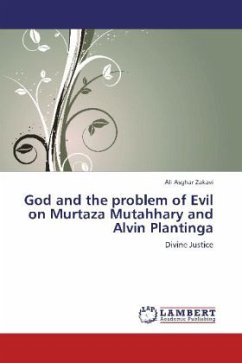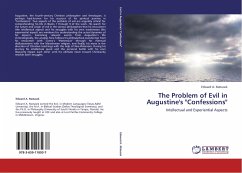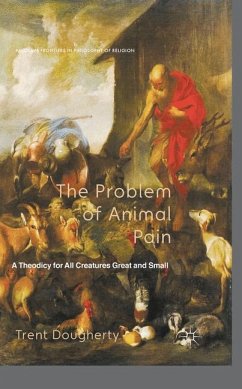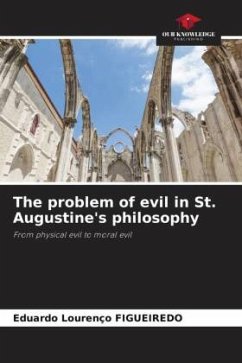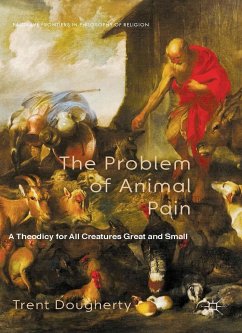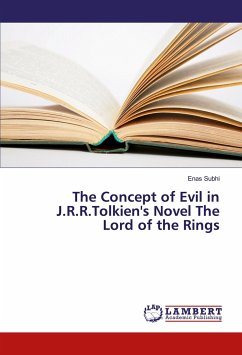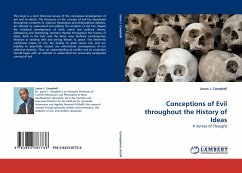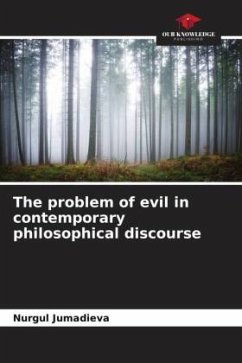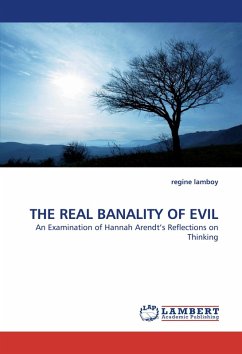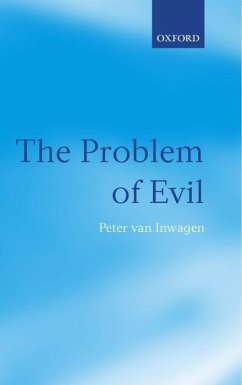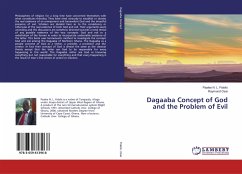
Dagaaba Concept of God and the Problem of Evil
Versandkostenfrei!
Versandfertig in 6-10 Tagen
41,99 €
inkl. MwSt.

PAYBACK Punkte
21 °P sammeln!
Philosophers of religion for a long time have concerned themselves with what constitutes theodicy. They have tried variously to establish or dismiss the real existence of an omnipotent and benevolent God and the dreadful presence of evil. Scholars are divided here as to the consistency or otherwise of the real existence of both God and evil. Their arguments seem unending and the discussions are somehow directed towards a total denial of any possible existence of the two concepts: God and evil or a redefinition of the former in order to incorporate undeniable existence of the latter. This book ...
Philosophers of religion for a long time have concerned themselves with what constitutes theodicy. They have tried variously to establish or dismiss the real existence of an omnipotent and benevolent God and the dreadful presence of evil. Scholars are divided here as to the consistency or otherwise of the real existence of both God and evil. Their arguments seem unending and the discussions are somehow directed towards a total denial of any possible existence of the two concepts: God and evil or a redefinition of the former in order to incorporate undeniable existence of the latter. This book uses hermeneutic method to investigate the concept God and evil among the Dagaaba of Northern Ghana. The Dagaaba as a people conceive of God as a father, a provider, a protector and the creator. In fact their concept of God is almost the same as the classical theists except that the latter see God to be responsible for every happening in this world. The Dagaaba rather see God as knowing everything but not responsible for everything and that every happening is the result of man's free choice of action or inaction.



